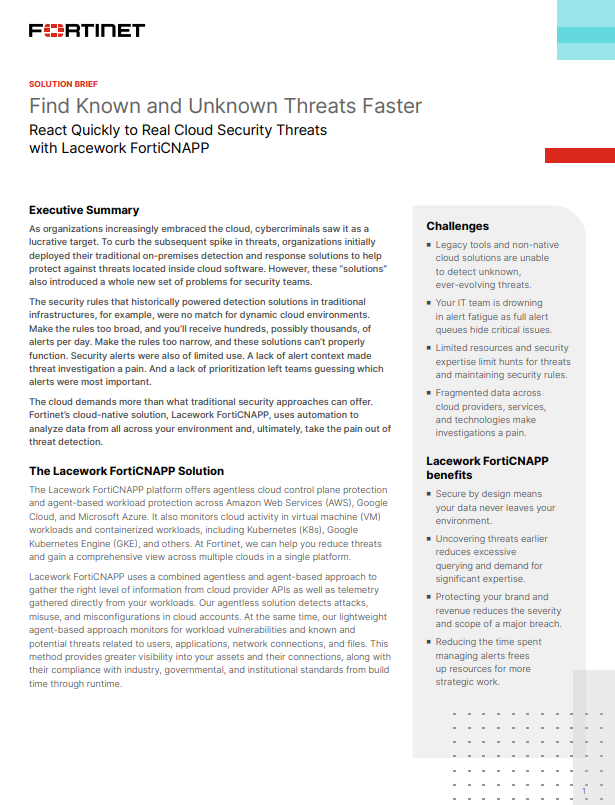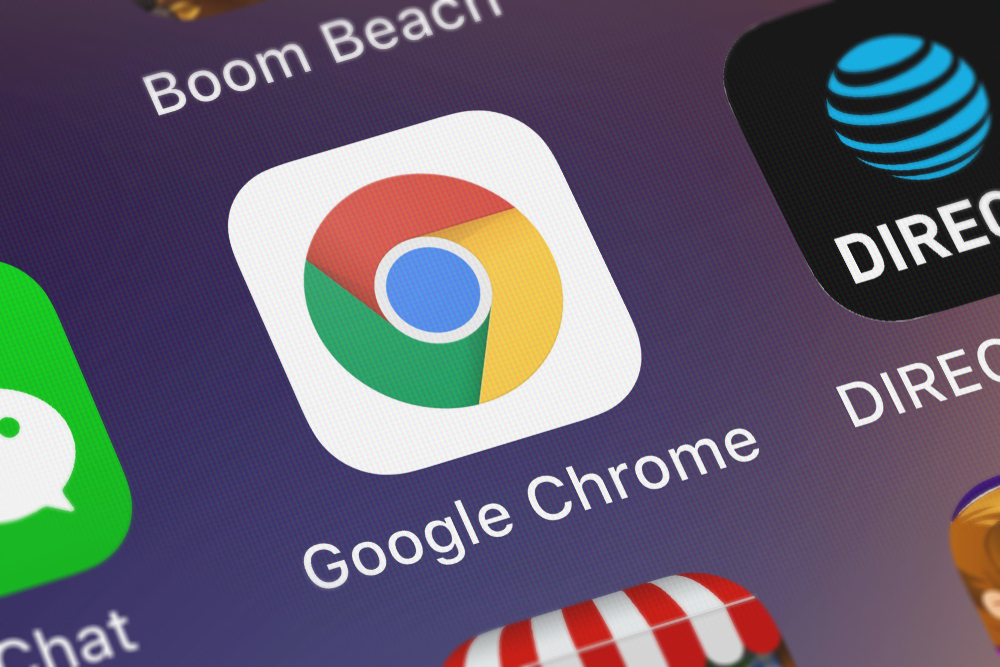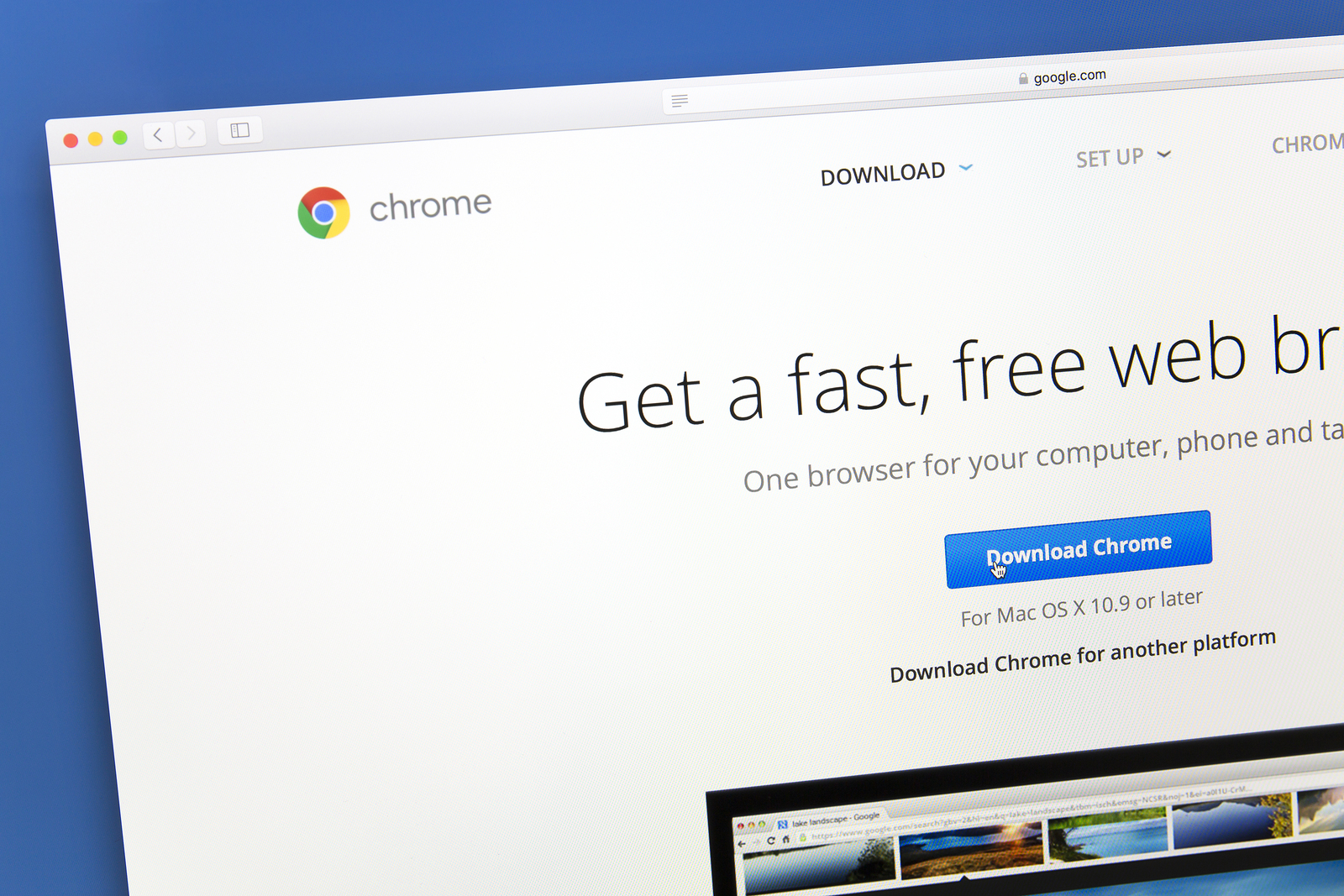Google patches WebKit flaw post Pwn2Own
Google patches a WebKit vulnerability, exploited by a team of Pwn2Own winners.


Google has patched a vulnerability exploited by researchers at last week's Pwn2Own hacking contest.
Even though Google Chrome was not hacked during the competition, the bug resided in WebKit - the rendering engine used by the browser.
WebKit is also featured in Apple's Safari and the browser found on BlackBerry phones.
A team of researchers, including Willem Pinckaers, Vincenzo Iozzo and Ralf-Philipp Weinmann, hacked a BlackBerry Torch 9800 by exploiting the vulnerability.
On top of the $15,000 (9,345) they received for the BlackBerry hack, the researchers were handed $1,337 from Google.
The update, in Google Chrome 10.0.648.133, only fixed the WebKit security issue.
The memory corruption bug was given a high priority ranking, but Google was not forthcoming on any additional details.
Get the ITPro daily newsletter
Sign up today and you will receive a free copy of our Future Focus 2025 report - the leading guidance on AI, cybersecurity and other IT challenges as per 700+ senior executives
"Note that the referenced bugs may be kept private until a majority of our users are up to date with the fix," said Jason Kersey, from the Google Chrome team.
Google has handed out over $100,000 as part of its Chromium Security Rewards programme.
Politically motivated attacks
Meanwhile, Google warned a vulnerability affecting Internet Explorer (IE) users had been exploited in politically motivated attacks.
Google said its users had been targeted, but gave no further details on who the affected parties were. The tech giant said visitors to "another popular social site" had been targeted as well.
The bug in MIME HTML (MHTML) a protocol used by applications to render certain kinds of documents and bring together different content onto one HTML file - was publicly disclosed back in January.
When Microsoft offered a workaround for the zero-day vulnerability, no exploits had been seen in the wild.
"The abuse of this vulnerability is also interesting because it represents a new quality in the exploitation of web-level vulnerabilities," the Google Security Team said in a blog.
"To date, similar attacks focused on directly compromising users' systems, as opposed to leveraging vulnerabilities to interact with web services."
Tom Brewster is currently an associate editor at Forbes and an award-winning journalist who covers cyber security, surveillance, and privacy. Starting his career at ITPro as a staff writer and working up to a senior staff writer role, Tom has been covering the tech industry for more than ten years and is considered one of the leading journalists in his specialism.
He is a proud alum of the University of Sheffield where he secured an undergraduate degree in English Literature before undertaking a certification from General Assembly in web development.
-
 Neural interfaces promise to make all tech accessible – it’s not that simple
Neural interfaces promise to make all tech accessible – it’s not that simpleColumn Better consideration of ethics and practical implementation are needed if disabled people are to benefit from neural interfaces
By John Loeppky
-
 Solution Brief: Find Known and Unknown Threats Faster
Solution Brief: Find Known and Unknown Threats FasterDownload Now
By ITPro
-
 Google rolls out patch for high-severity Chrome browser zero day
Google rolls out patch for high-severity Chrome browser zero dayNews It's the eighth time this year Google has been forced to address a zero-day vulnerability in its world-leading browser
By Connor Jones
-
 Google Chrome branded the least effective browser for stopping phishing attacks
Google Chrome branded the least effective browser for stopping phishing attacksNews The world's most popular browser came dead last when compared against competitors
By Connor Jones
-
 Windows devices targeted by PuzzleMaker malware exploiting Chrome zero-day flaw
Windows devices targeted by PuzzleMaker malware exploiting Chrome zero-day flawNews Chain of vulnerabilities used to attack multiple companies worldwide
By Rene Millman
-
 Malware found on popular Facebook, Instagram and Vimeo browser extensions
Malware found on popular Facebook, Instagram and Vimeo browser extensionsNews Chrome and Edge extensions laced with malware have already been installed three million times
By Rene Millman
-
 Google sets a date for Chrome extension privacy revamp
Google sets a date for Chrome extension privacy revampNews From January 18th, developers must be clear about how they're handling user data
By Danny Bradbury
-
 Google looks to replace third-party cookies in two years
Google looks to replace third-party cookies in two yearsNews The online advertising market needs to shift to tracking methods that offer some user privacy, admits Google
By Nicole Kobie
-
 Chrome continues HTTP phase-out by removing 'secure' icon from HTTPS sites
Chrome continues HTTP phase-out by removing 'secure' icon from HTTPS sitesNews Changes in 'secure' and 'non secure' icons comprise final steps in plan to make web secure-by-default
By Keumars Afifi-Sabet
-
 Hack on popular Chrome plugin spams ads to one million users
Hack on popular Chrome plugin spams ads to one million usersNews The author says a phishing scam led to the theft of admin credentials
By Dale Walker